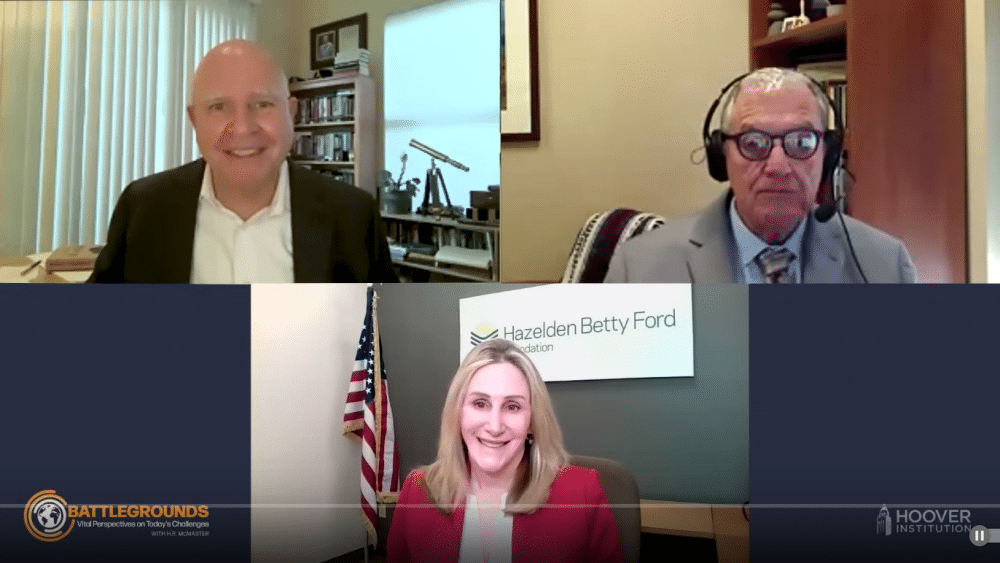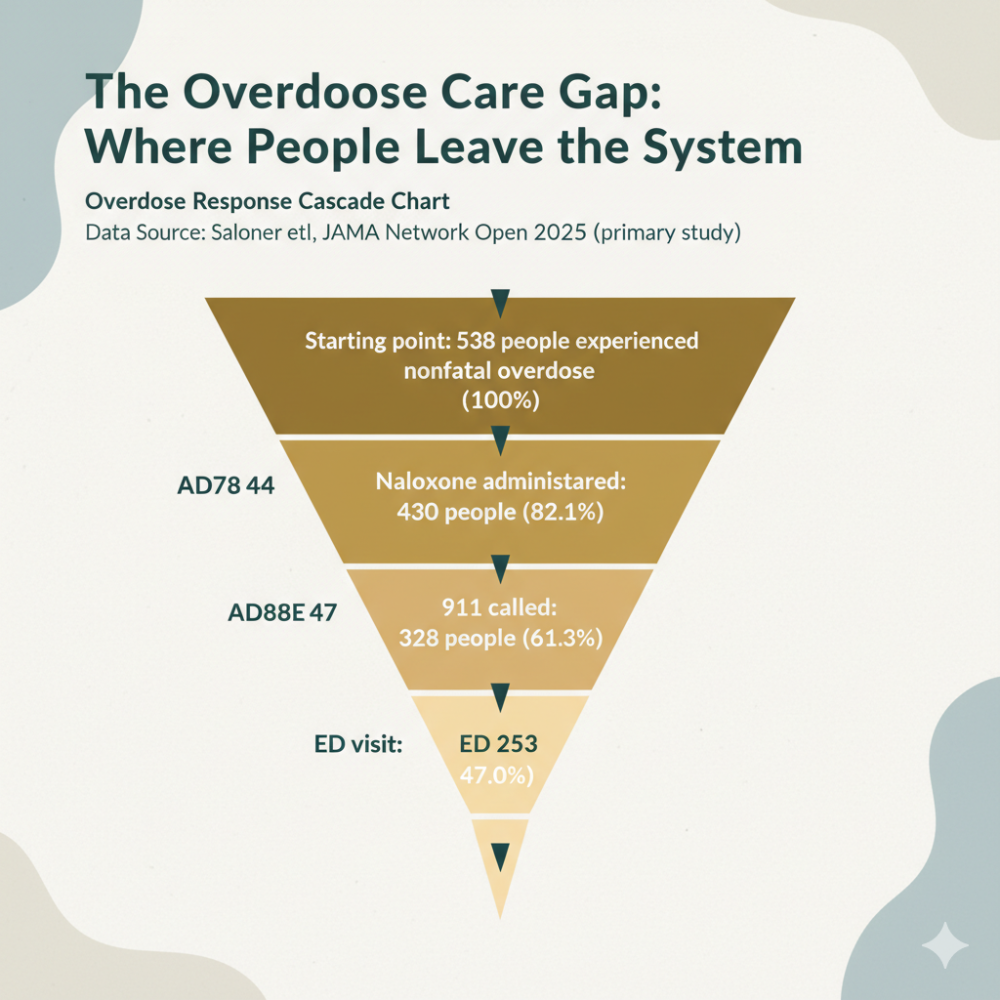Addiction is a disease. As such, it is essential to use language that frames it as a health issue to show respect to those with addiction and their loved ones. A person shouldn’t be labeled by their disease. We have a choice when we communicate and there are several commonly used words surrounding addiction that are stigmatizing. However, there is language available to us to better include those who have a problem with addiction, rather than shame them.
Why “Addict” Is Negative
The word “addict” perpetuates negative stigmas around substance use. This word labels people with addiction in a negative, shameful, and judgmental way. Instead, we should use language that is compassionate, supportive, and respectful. By changing the words we use when talking about addiction, we can help others understand substance use disorder and the effects of chemical dependency.
Other benefits of reshaping our language to be more inclusive include:
● Allowing those with addiction to regain self-esteem more easily
● Allowing those with addiction to seek treatment comfortably
● Allowing lawmakers to appropriate funding
● Allowing doctors to deliver better treatment
● Allowing insurers to increase coverage for treatment
● Helping the public understand that addiction is a medical issue
What Is Stigma?
A stigma is a mark of shame or discredit, which can then lead to discrimination against a group of people, a place, or a nation. Stigma surrounding addiction involves inaccurate beliefs, including that those suffering from substance use disorder are dangerous, incapable of managing treatment, or at fault for their condition. The stigma surrounding addiction comes from antiquated beliefs that addiction is a moral failing. The effects of using stigmatized language include:
● Reducing the willingness of individuals with substance use disorder to seek treatment
● Leading others to pity, fear, anger, or a desire to be distanced from those suffering from addiction
● Influencing healthcare providers perception of a substance use disorder, impacting the care they are provided
Why Addiction Is a Disease
Addiction is categorized as compulsive drug seeking and use, despite resulting in harmful consequences. It is considered a brain disease because the drug changes the brain’s structure and how it works. Substances activate the “reward center” of the brain, causing feelings of euphoria. Those with substance use disorder will continue to seek drugs or alcohol to chase this feeling. Over time, the “reward center” is unable to produce positive feelings outside of drug use. This
part of the brain is also responsible for the release of dopamine when experiencing pleasure. Dopamine signals make it easier to repeat an action over and over. Drug use releases large surges of dopamine, causing the brain to crave substances over and over.
Substances also affect parts of the brain that control feelings of anxiety, problem-solving, making decisions, and exerting self-control. When withdrawal symptoms occur, the brain will produce feelings of anxiety and someone may seek out substances to relieve these intense feelings. The part of the brain responsible for self-control can cause those with substance use disorder to seek out drugs compulsively with little impulse control.
How to Change the Language Surrounding Addiction
By changing how we talk about addiction, we can help end the negative stereotypes and stigma surrounding the disease and those who suffer from addiction. Below are some examples of the changing language of addiction and substance use disorders.
The word “addict” should be avoided. It is stigmatizing, reduces a person’s identity down to their struggle with substance use, and denies them their dignity and humanity. This label insinuates that the addiction is permanent with no room for change. It is better to use words relating to the medical condition that addiction is. Instead of “addict,” you can refer to someone as a person with substance use disorder, a person with an alcohol or drug problem, or a person struggling with addiction.
Using the word “abuser” when referring to someone who uses drugs should also be avoided. This word contains implications of violence, anger, and a lack of control. It also places blame on the person with the addiction. Instead of “abuser,” you can say “using” pertaining to an object. For example, you can say “someone who uses opioids.” You can also say risky use, harmful use, inappropriate use, unhealthy use, problem use, an individual struggling with substance use, or an individual struggling with substance use disorder.
Another word to avoid is the word “habit.” A habit is something that can be easily broken through persistence or willpower. However, addiction is much more complicated. It is a brain disease that requires medical attention and emotional commitment. Calling addictive disorders a habit denies the condition’s medical nature and implies that the solution is in willpower.
Instead of saying “habit,” it is better to say:
● Substance use disorder
● Alcohol and drug use disorder
● Active addiction
● Problem use
● Non-medical use
● Unhealthy use
● Risky use
● Harmful use
Using the word “addict” is dehumanizing to those who suffer from substance use disorder. The stigma surrounding it may negatively impact the feelings of people who suffer from addiction and skew the way society sees them. Addiction is a disease of the brain, not a moral issue. There are many alternatives to using “addict” and other stigmatizing words. By using inclusive language, we can help those suffering from addiction feel supported, regain self-esteem, and seek treatment.
If you or a loved one suffers from substance use disorder, Gallus Medical Detox Centers can help. We use proprietary, evidence-based medical protocols that prioritize our patients’ comfort and safety to guide them through the detox process. Our personalized treatment is delivered in a safe and peaceful environment. Gallus Medical Detox Centers also provides you with a biopsychosocial evaluation with our expert staff to identify your next steps and resources to achieve long-term recovery.


 Steve B
Steve B 
